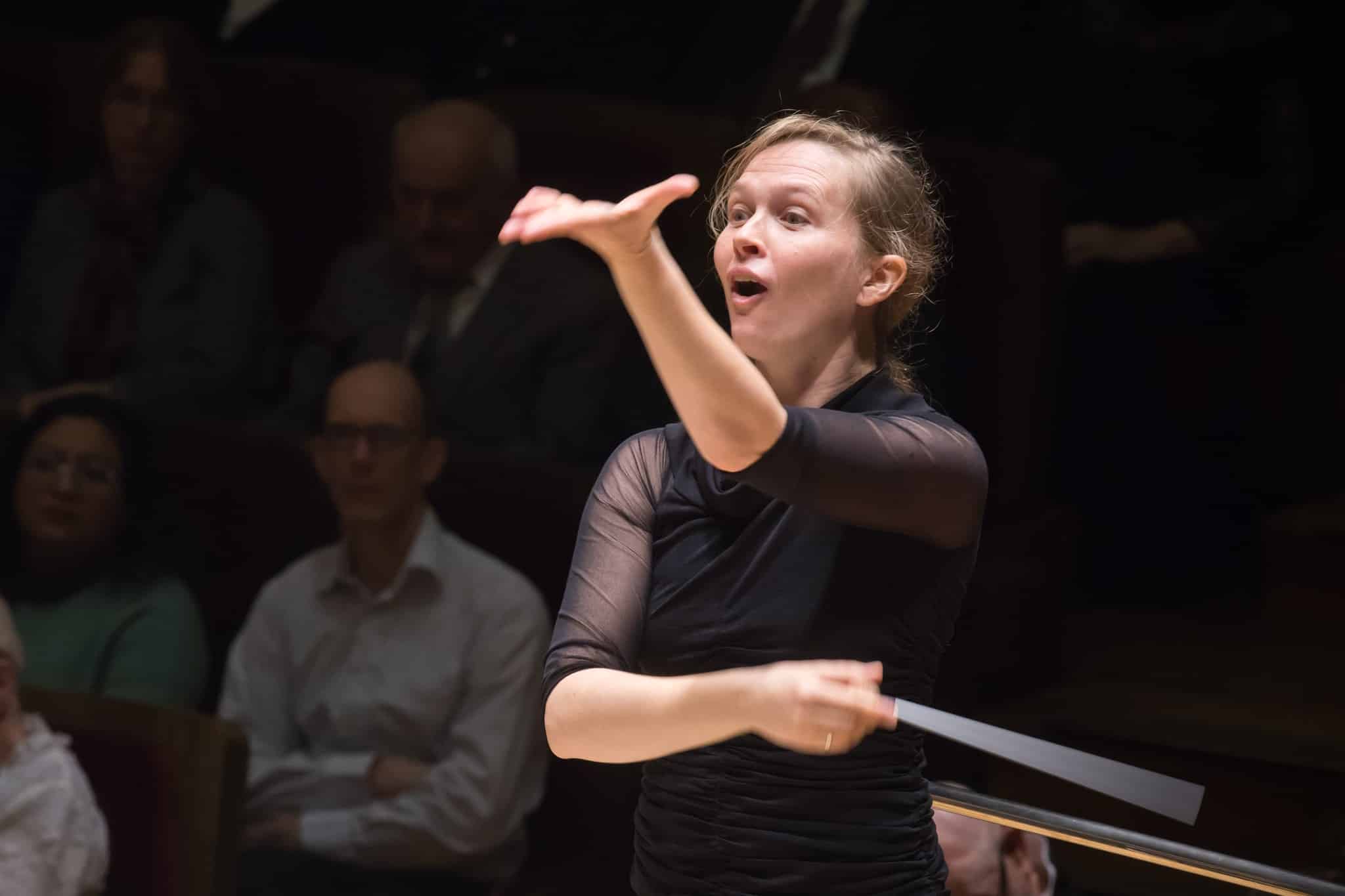Always right, never righteous: A memory of the late Claude Frank
mainRobert Fitzpatrick, dean at Curtis, 1986-2009, shares with Slipped Disc his fond observations of a much-mourned master.

Claude and Pamela Frank; portrait by Alexandra Tyng
I first met Claude Frank in 1988 after his life-long friend, Gary Graffman, invited him to join the Curtis faculty. He had a handful of students, some of whom he shared with Leon Fleisher among others on the faculty. Claude came to Philadelphia by train once a week to teach for several hours and was always a congenial presence in the Common Room and the faculty lounge. He was the epitome of the erudite, continental gentleman, always at ease, who immediately made everyone else comfortable in his distinguished presence.
One of the most memorable musical events in the history of Curtis occurred in Spring 1989 when Pamela, Claude Frank and Lilian Kallir’s daughter, played her graduation recital with her father at the keyboard. It was one of the first student recitals in memory that was reviewed by the local press. A few years later, Claude and Pamela repeated this success when they played the complete violin sonatas by Beethoven in a series of three concerts offered without charge by Curtis to the public. This provoked a virtual riot among disgruntled concertgoers who could not get in to the small recital hall, named Curtis Hall at the time, with a capacity of 235. At the second concert, the faithful were lined up hours in advance (doors always opened at 7:30 PM for the 8 PM recitals). Dozens were still turned away!
What I remember most about Claude Frank is the elegant playing of his students who seemed to share his concept of tone production, his seemingly effortless technique, and his consummate ability to shape a phrase so that the listener felt a spirit of rightness without any hint of righteousness. Claude allowed each student to develop a special musical personality and I’m sure that most of them still hear his fatherly comments when they play the repertoire which they studied at Curtis, Yale, or during masterclasses that he gave around the world. I know that some of them are already continuing Claude Frank’s legacy through their own teaching.
Bravo and thanks, Claude, for your magnificent musical life.
Robert Fitzpatrick
(Former dean at Curtis, 1986-2009; currently provost and dean at the San Francisco Conservatory of Music)





Comments